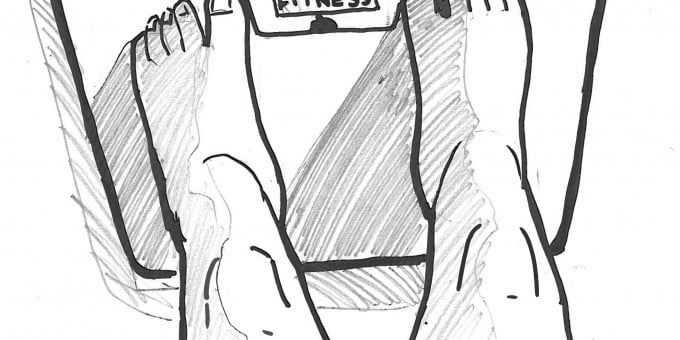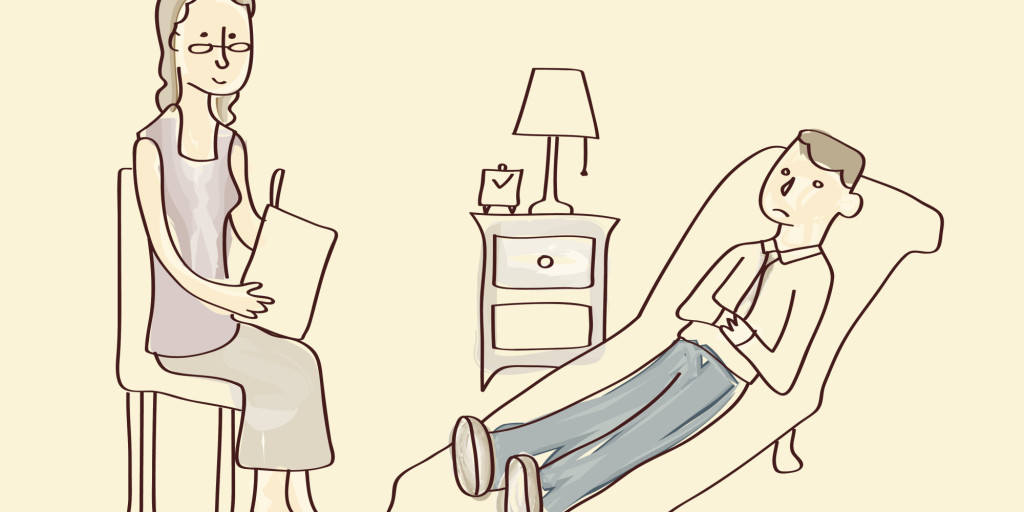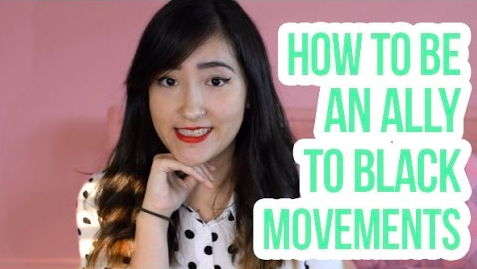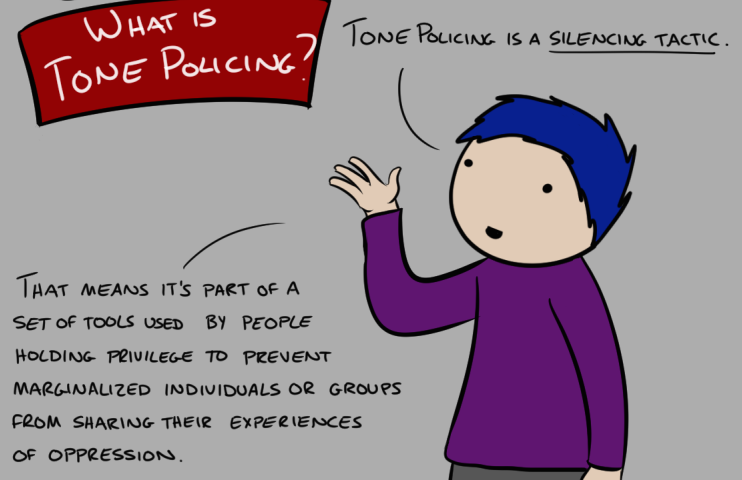Search results for: sex talk
Burn-Out Prevention and Intervention
Burn-out happens when you give more energy and compassion than you receive, and as a result, you lose sight of the light of hope at the end of the tunnel. For activists and people working in human service professions in particular, where we never get a respite from dealing with people face-to-face, burn-out feels inevitable. But it really doesn’t have to be.
Read MoreWant to Come Out As Polyamorous to Your Parents, But Not Sure Where to Start? Try These 5 Tips
Figuring how to tell your parents you’re polyamorous can be tricky, but for many polyamorous people, it’s an important step. If you’re considering this step, here are some helpful things to keep in mind.
Read MoreHow to Heal Brokenness in a Relationship
Sometimes – well, most times – there’s pain in a relationship. And sometimes, things can become so fragile and hard to navigate that irreparable cracks surface, and the relationship becomes broken. And I’ve been there. Far too many times. Learning, growing, and working hard to understand why brokenness breaks you – and what to do about it – is a journey. But it’s one worth taking.
Read MoreHow to Practice Self-Mothering to Give Yourself the Support You Need
Did you know it’s possible to mother yourself? Society associates nurturing with motherhood, but here’s how folks of all genders can give ourselves comforting care.
Read MoreHow To Practice Immediate Self-Care When Social Media Says the World is Burning
We can’t be prepared for every eventuality, but having a self-care plan for social media emergencies is a great first step, and so is being able to ask for help when you need it.
Read MoreNurturing Self-Expression in Elementary School-Aged Girls
No matter where we are in the world, people who risk expression will always be perceived as threats to people who look to preserve a sense of normalcy based on what makes them comfortable. All I know is that I will continue to express myself, and I will continue to prioritize the nurturing of children willing to confidently express themselves, too.
Read MoreChild Sexual Abuse: What It Is And What To Do About It
No one wants to think about the sexual abuse of children, particularly involving their own kids. But it’s a devastating reality that too many children face, and we help no one when we avoid it. We must be educated in order to be prepared to help the survivors – your kids, your nieces and nephews, your friends’ kids. So here’s a breakdown of what is it and what to do if a child is being abused.
Read More4 Ways to Incorporate Feminism into Your Workplace
Just because your job isn’t feminist in scope doesn’t mean you can’t find ways to incorporate your social justice practices into the workplace. Why shouldn’t you transform your workplace into the kind the kind of place you actually want to be in? We all deserve access to safe, supportive, and feminist work spaces. But how can we start to make that happen?
Read More8 Ways Feminism Can Improve Your Self-Esteem
Too many of us today struggle with low self-esteem based on the negative messages we’ve received, often related to our gender, sexual orientation, race, class, and other aspects and when we fail to reach impossible social ideals or stay within the narrow boxes of what’s acceptable. Feminism can help you build resistance to these messages and discover your inherent self-worth.
Read MorePeople of Color Can’t Cure Your Racism, But Here Are 5 Things You Can Do Instead
Even when you’re intentional about anti-racist work, you’ll make mistakes. That’s normal, but there’s a difference between a sincere mistake and a lack of effort. It’s up to you to make an effort to unlearn oppressive attitudes, and you can’t just rely on someone else to cure you of your racism. Here’s why – with basic steps you can take to make a big difference.
Read MoreHelp Your Partner Change a Bad Habit in Five Simple Steps
Whether it’s a minor, annoying habit or a downright socially problematic behavior, I’m sure your partner has done or said something that made you vomit in your mouth a little bit. It can be daunting to tell others how to treat you. But you owe it to your sense of self-worth and the stability of your relationship to communicate when your partner does something that upsets you.
Read MoreDealing with Fatphobia while in Eating Disorder Recovery
Fat shaming is very detrimental to a person’s health, mental well-being, and relationship to their body. Eating disorders are also very detrimental to a person’s health, mental well-being, and relationship to their body. Dealing with both of these at the same time? Unbelievably difficult. But we have to learn how to effectively deal with it. Recovery is possible.
Read MoreWhy Body Acceptance Isn’t for Everyone All the Time
If you spend any time on the Internet, you’ve likely participated in the conversation about weight and body image. “Lose weight and look great!” “Love your body just the way it is!” I find both messages tiresome. Where in this “conversation” is there room for individuals to have their own feelings, independent of what other women (and men) insist is the “correct” way to think about one’s body?
Read MoreI Struggle with Imposter Syndrome – But Here’s How I’m Working Through It
Do you ever feel like a fraud? Like your success is due to luck and not your own ability? That’s called impostor syndrome, and Celia Edell’s talking about her struggles with it – we hope her insights can help.
Read More6 Pieces of Dating Advice We Get All the Time That Are Complete Bullsh*t
We bet someone can guess the one true dating secret here! So tune out the bull – anything else you’d add to the list of advice better left unsaid?
Read More7 Things You Should Expect from a Mental Health Professional About Cultural Competency
You deserve a therapist who will honor your cultural identity. Check out this article to learn what you should expect from a culturally competent therapist.
Read MoreHere’s What It Really Takes to Be An Ally to Black Justice Movements
Bernie Sanders, Dr. Martin Luther King, Jr, respectability politics – lots of white folks who say they support black people are missing the mark in racial justice conversations. Here’s how to give more effective support.
Read MoreFeel Better About Yourself: Cut These Five Words
Paying attention to how you use your words is core to keeping the relationship you have with yourself healthy. By cutting certain words and phrases out of my vernacular, I’ve created more space for more positive thoughts and feelings. Letting go of limiting speech has helped me like myself more – because now I’m not criticizing who I am at every turn. And that’s helped me make myself a priority.
Read MoreNo, We Won’t Calm Down – Tone Policing Is Just Another Way to Protect Privilege
“Calm down so we can discuss this like adults.” Ever said something like this in a conversation on oppression? Tone policing is no way to get justice, and this comic will help you understand exactly why.
Read More5 Things to Do (And Not Do) to Support Someone with Depression
People with depression need folks around us who understand our illness and how best to interact with us. So here’s a guide on how to support a loved one with depression.
Read More




















